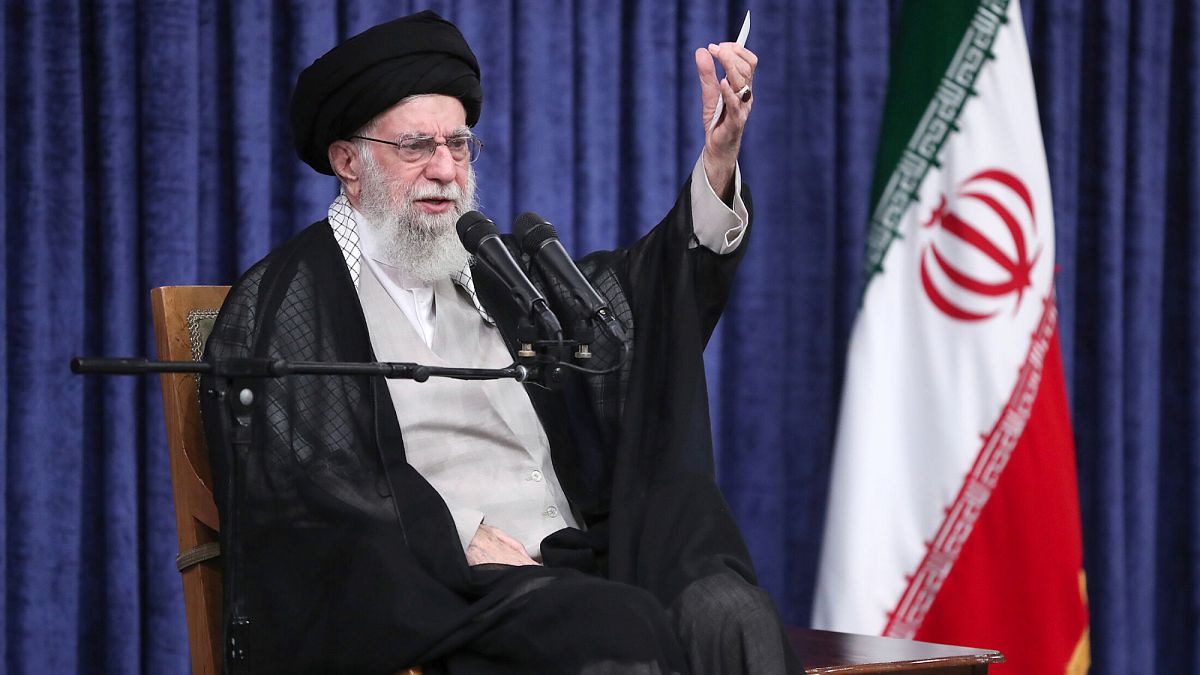

The world remains ever dynamic, with recent headlines capturing a spectrum of geopolitical tension and humanitarian concerns. In a week filled with noteworthy developments, key regions have come under the spotlight, calling attention to complex narratives and the quest for stability. Let’s delve into the stories shaping this global landscape.
In a firm stance against covert operations, several NATO allies, including the United States, United Kingdom, and France, alongside Austria, have collectively raised alarms over actions attributed to Iranian intelligence services. These nations have accused Iran of engaging in assassination, abduction, and harassment activities across Europe and North America. Such acts are seen not only as individual transgressions but also as direct violations of national sovereignty, prompting unified condemnation. This international advocacy for vigilance emphasizes the ongoing need for strategic security collaborations among allied nations to address such emerging threats calmly and effectively.
Shifting focus to Eastern Europe, Ukraine’s legislative body is poised to reconsider a recent law affecting anti-corruption efforts. The law, which had initially curtailed the independence of key anti-corruption agencies, sparked rare war-time protests across the nation and criticisms against President Volodymyr Zelenskyy. This rollback comes as part of a responsive dialogue with civil society activists advocating accountability and transparency. As parliament prepares to vote on restoring the powers of these bodies, there’s a collective hope that Ukraine’s path to reform will bolster public trust and governmental integrity.
In the Middle East, a notable diplomatic conversation unfolded as Syria’s new ruling body articulated a desire for strengthened ties with Russia. This development was highlighted during Syrian Foreign Minister Asaad al-Shibani’s visit to Moscow, where he expressed Syria’s eagerness to have Russia “by their side.” Despite historical tensions rooted in their opposing roles during the Syrian civil conflict, the dialogue points towards a reconciliatory and pragmatic approach in rebuilding Syria’s international alliances, seeking stability through sustained partnerships with influential global powers.
Meanwhile, a harrowing report from the Tigray region of Ethiopia has brought attention to severe human rights abuses. Comprehensive research by Physicians for Human Rights and the Organization for Justice and Accountability in the Horn of Africa has documented acts of mass rape, forced pregnancies, and sexual torture carried out by Ethiopian and Eritrean forces. These findings, representing over 600 health workers’ testimonies, highlight systemic attacks that constitute crimes against humanity. The report underscores the need for international awareness and unwavering advocacy to address these atrocities and uphold human dignity.
Lastly, resonating with humanitarian solidarity, an advocacy mission aimed at delivering aid to Gaza encountered interception by the Israel Defense Forces. Chris Smalls, a prominent American labor activist onboard the aid vessel, reportedly faced physical aggression during the incident. The aid attempt by the Freedom Flotilla Coalition underscores the pressing humanitarian situation in Gaza, accentuated by dire assessments of a looming famine scenario. Such missions, while challenging, amplify the call for alleviating human suffering amidst tightly enforced blockades.
Each of these stories portrays a world grappling with its share of challenges and conflicts. Yet, within them, there remains a shared drive for resolution and peace; a testament to the resilient spirit of humanity steering forward amidst adversity.
Source: {link}
